VOICES FROM THE UNDERGROUND SERIES, EDITED BY KEN WACHSBERGER
Insider Histories of the Vietnam Era Underground Press, Part 1
Insider Histories of the Vietnam Era Underground Press, Part 2
My Odyssey through the Underground Press, by Michael Mica Kindman
Stop the Presses, I Want to Get Off: A Brief History of the Penal Digest International, by Joseph W. Grant
Copyright 2011. Michigan State University Press. All rights reserved. May not be reproduced in any form without permission from the publisher, except fair uses permitted under U.S. or applicable copyright law.
EBSCO Publishing : eBook Collection (EBSCOhost) - printed on 12/19/2021 4:09 PM via
AN: 1040496 ; Michael Kindman, Ken Wachsberger.; My Odyssey Through the Underground Press
Account: pviewuni
Copyright 2011 by Anthony Hebert and Ken Wachsberger
 The paper used in this publication meets the minimum requirements of ANSI/NISO Z39.48-1992 (R 1997) (Permanence of Paper).
The paper used in this publication meets the minimum requirements of ANSI/NISO Z39.48-1992 (R 1997) (Permanence of Paper).

Michigan State University Press
East Lansing, Michigan 48823-5245
Printed and bound in the United States of America.
18 17 16 15 14 13 12 11 1 2 3 4 5 6 7 8 9 10
LIBRARY OF CONGRESS CATALOGING-IN-PUBLICATION DATA
Kindman, Michael Mica, 19451991.
My odyssey through the underground press / Michael Kindman ; edited by Ken Wachsberger.
p. cm.(Voices from the underground series)
Includes bibliographical references and index.
ISBN 978-1-61186-000-9 (pbk. : alk. paper) 1. Kindman, Michael, 19451991. 2. Newspaper editorsUnited
StatesBiography. 3. JournalistsUnited StatesBiography. 4. Underground press publicationsUnited
StatesHistory20th century. I. Wachsberger, Ken. II. Title.
PN4874.K5457A3 2011
070.92dc22
[B]
2011002588
Cover design by Erin Kirk New
Book design by Sharp Designs, Lansing, Michigan

Michigan State University Press is a member of the Green Press Initiative and is committed to developing and encouraging ecologically responsible publishing practices. For more information about the Green Press Initiative and the use of recycled paper in book publishing, please visit www.greenpressinitiative.org.
Visit Michigan State University Press on the World Wide Web at www.msupress.msu.edu
ISBN: 978-1-60917-230-5 (electronic)
EBSCOhost - printed on 12/19/2021 4:09 PM via . All use subject to https://www.ebsco.com/terms-of-use
Dedication
I'm only sorry Mica isn't here to be writing his own dedication.
His story takes on three themes: independent media, cults, and AIDS.
With those in mind, I dedicate this book
to a strong independent media, copyright law, andAmerica's greatest gift to the worldthe First Amendment;
to the end of mindlessness, which is both the cause and the result of cults; and
to finding a cure for AIDS in all of its forms.
And to Mica.
EBSCOhost - printed on 12/19/2021 4:09 PM via . All use subject to https://www.ebsco.com/terms-of-use
Foreword
PAUL KRASSNER
People magazine once called me father of the underground press, and I immediately demanded a blood test. However, having launched The Realist in 1958, I did have a certain paternal feeling toward the anti-establishment papers that began burgeoning around the country during the 1960s, filling the void between what was experienced on the streets and how it was reported in the mainstream media. Of course, underground was technically a misnomer, since it was well known who published those papers and where more copies could be obtained. A true underground paper was the Outlaw, secretly published and distributed inside San Quentin Prison by anonymous inmates and guards.
Those underground weeklies included the Free Press in Los Angeles, the East Village Other in New York, the Barb in Berkeley, the Oracle in San Francisco, the Seed in Chicago, the Drummer in Philadelphia, the Helix in Seattle, Nola Express in New Orleans, the Door in San Diego, the Great Speckled Bird in Atlanta, Kaleidoscope in Madison, Space City! in Houston, Quicksilver Times in Washington, the Fifth Estate in Detroit, and The Paper in East Lansingone of several struggling publications for which I offered to do a benefit in my capacity as a stand-up satirist.
Meanwhile, John Francis Putnam, who was the art director of Mad magazine, also wrote a column for The Realist titled Modest Proposals. When I got married in 1963, he wanted to give us a housewarming gift. He had designed the word FUCK in red-white-and-blue lettering emblazoned with stars and stripes. Now he needed a second word, a noun that would be an appropriate object of that verb. He suggested AMERICA, but that didn't seem right to me. It certainly wasn't an accurate representation of my feelings. I was well aware that I probably couldn't publish The Realist in any other country. Besides, a poster saying FUCK AMERICA lacked a certain sense of irony.
There was at that time a severe anti-Communist hysteria flourishing throughout the land. The attorney general of Arizona rejected the Communist Party's request for a place on the ballot because state law prohibits official representation for Communists and, in addition, The subversive nature of your organization is even more clearly designated by the fact that you do not even include your Zip Code. Alvin Dark, manager of the Giants, announced thatAny pitcher who throws at a batter and deliberately tries to hit him is a Communist. And singer Pat Boone declared at the Greater New York Anti-Communism Rally in Madison Square Garden, I would rather see my four daughters shot before my eyes than have them grow up in a Communist United States. I would rather see those kids blown into Heaven than taught into Hell by the Communists.
I suggested COMMUNISM as the second word on Putnam's poster, since the usual correlation between conservatism and prudishness would provide the incongruity that was missing. He designed the word COMMUNISM in red lettering emblazoned with hammers and sickles. Then he presented us with a patriotic poster proudly proclaiming FUCK COMMUNISM! I wanted to share this sentiment with Realist readers, but our photo-engraver refused to make a plate, explaining, We got strict orders from Washington not to do stuff like this. I went to another engraver, who said no because they had been visited by the FBI after making a plate of a woman with pubic hair. So instead of publishing a miniature black-and-white version of the poster in The Realist, I offered full-size color copies by mail. And if the Post Office interfered, I would have to accuse them of being soft on Communism.
In 1964, investigative journalist Robert Scheer was deep into research for a booklet, How the United States Got Involved in Vietnam, to be published by the Fund for the Republic. He was frustrated because he wanted to witness firsthand what was going on in Southeast Asia, and they wouldn't send him. Since The Realist had already sold a couple of thousand FUCK COMMUNISM! posters at a dollar each, I gave Scheer a check for $1,900, the price of a round-trip airline ticket. He traveled to Vietnam and Cambodia, then wrote his seminal report. He also wrote an article for

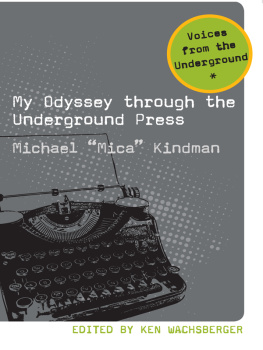
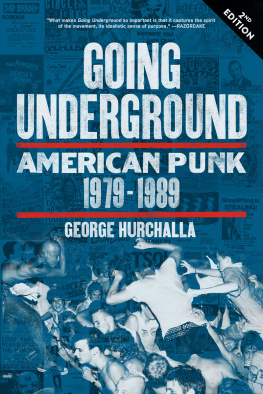
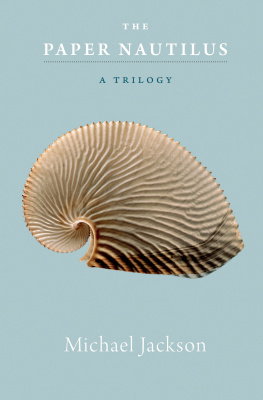


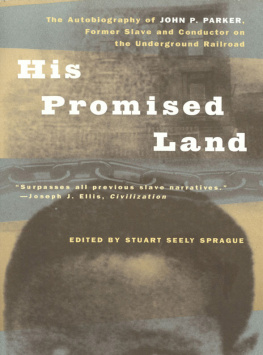
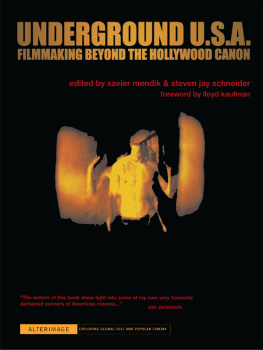
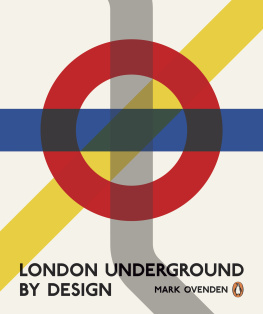
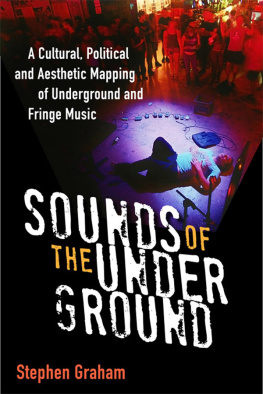
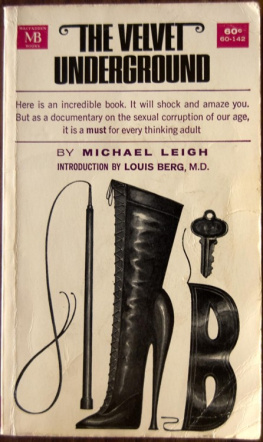
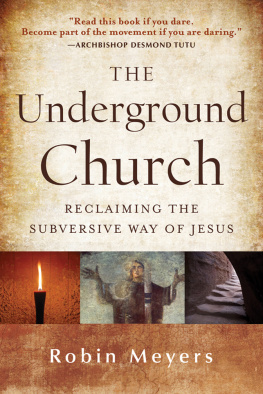
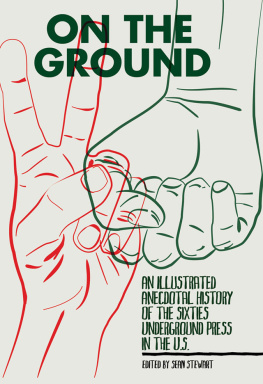

 The paper used in this publication meets the minimum requirements of ANSI/NISO Z39.48-1992 (R 1997) (Permanence of Paper).
The paper used in this publication meets the minimum requirements of ANSI/NISO Z39.48-1992 (R 1997) (Permanence of Paper).
